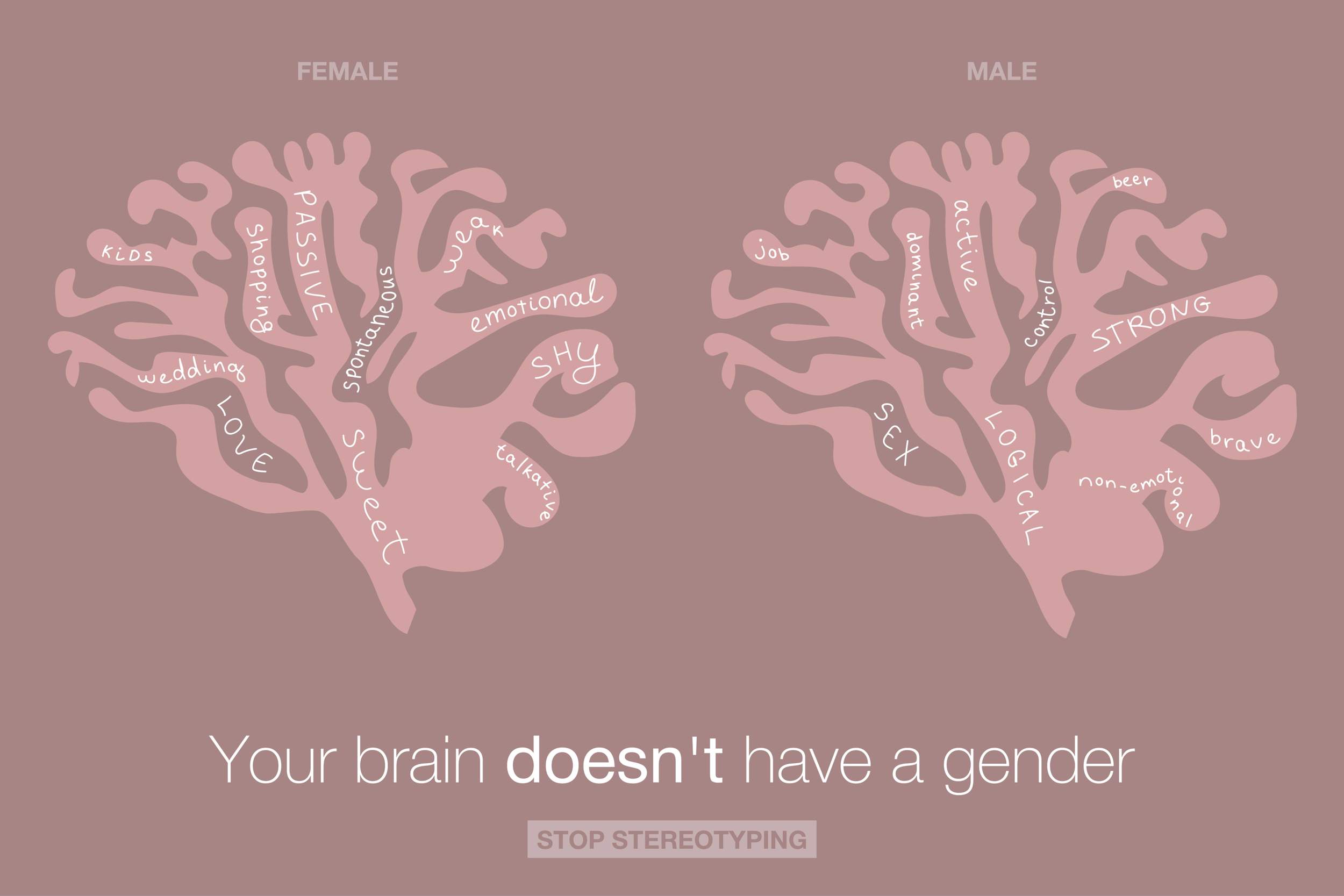How can someone be a sexual being without engaging in sex? In my recent work to debunk myths about heterosexual, cisgender men and their relationship to sex, one of the larger perpetuated myths is that men are “always” sex ready and here’s a pill if that’s not working. My response was nope. Nope. Nope! A man’s worth is not defined by their sexual prowess and there should be space in our culture for sexual downtime.
This led me to asexuality and celibacy. An exploration of living with limited sexual activity or without any sexual activity at all. Yes, both of these concepts are victim to negative views and derision. This, of course, is the space I like to spend time in because shining a light with knowledge is the best tool to combat negativity!
Much of our culture is driven by sex. Sexy images. Penetrative sex. Phallic dominance. Be beautiful to have sex with other beautiful people. Take a pill to stay sexually active — this only applies to penis owners, I’m afraid. It is easy to see where the derision for a person identifying as asexual or choosing to be celibate is fostered.
Sexual desire is not a static state of being and for many folks it ebbs and flows throughout their lives. Some folks engage in a robust sexual life for years but before that they were celibate. Some folks identify as asexual after years of being in a sexual relationship. The point here is that there is no right or wrong way to be a sexual being and you alone know what works best for you.
Time for definitionsAsexuality is never, occasionally, or only with a specific person engaging in sexual behaviors. Asexuality is a continuum of behaviors much like other sexualities and the individual gets to determine where they land on that continuum. We are seeing more acceptance for asexuality because current generations don’t really give a fuck about other people’s sex lives. Celibacy is a conscious choice that a person makes to not engage in sexual activity in any way. Very often celibacy is rooted in a religious choice, however, there are many people who choose celibacy for non-religious reasons. Celibacy can be any length of time, decided by the individual and the choice to re-engage in sexual behavior may occur at any point during the committed time of celibacy.
It is not as if asexuality is brand new because millennials believe in it. We just had different names for it:
Prude.
Frigid.
Goody-goody.
Old maid.
Prig.
Spinster.
Recluse.
Impotent.
(Please recognize that these names are derogatory and include a gender bias towards women again excluding men and certainly not inclusive of non-binary folks. Yes, I would like derogatory terms to be gender neutral.)
And celibacy, we know, has been practiced within religious communities for centuries with a much more positive outlook and supportive environment. It is only recently when non-religious persons choose celibacy that we see a mocking or disrespect for the practice.
There is so much emphasis placed on being a sexual being with so few safe spaces to talk about sex that it is not surprising people self-label and huddle together in their sameness. I’m not advocating that you stand on a street corner with a sign around your neck declaring your sexual preferences. Instead I want us to stop judging other people. When someone says that they are asexual and romantically attracted to trans womxn or they are practicing celibacy for the next year, the only respectful answer is: “Thank you for sharing with me.” If you don’t have any clue what they are talking about, LEARN. Do your own research. Read some books. Find resources (I’m waving my hand in the air and shouting, “I’m a resource!”) and get answers to your questions. Learning is a beautiful gift to give yourself. So often we put the onus on groups that we are not a part of, to teach us. This is lazy and rude.
What happens to the body if it is not engaging in sexual behaviors? Well, I can tell you that the genitals do not atrophied and the body doesn’t become broken or unable to achieve orgasm. So the saying, “If you don’t use it, you lose it,” is bullshit.
There does not need to be a reason or excuse for someone’s asexuality or choice to be celibate, and there are reasons why someone may change how they identify or make a choice to be celibate:
• Illness
• Loss of a loved one
• You learn about asexuality and it clicks for you
• Financial stress
• Depression
• Because you want to
• Physical trauma
• You learn about celibacy and it is something you want to try
• Safety
• Emotional trauma
• Homelessness
• Self-exploration
• Survivor of abuse and/or rape
The purpose of this list is to create understanding of what may be any number of reasons why a person identifies one way or another. This doesn’t mean this list is complete or comprehensive and it is a place to start for awareness. It is much harder to judge someone’s identity or choice for celibacy when you learn they might have a reason. Reminder: Folks who identify as asexual or who folks who choose to be celibate DO NOT need a reason or excuse.
Making a change How do you tell current lovers that you are asexual or wanting to be celibate? Be honest and come prepared to answer questions. In this instance you are changing a current sexual state that directly affects your lovers and it is appropriate for you to be able to clarify with them what asexuality is or your choice for celibacy. This does not have to be the end of relationships. All people involved will have to communicate regularly about their needs and how they will be met. Asexuality does not mean that someone is no longer romantically attracted or connected to others. Also, asexuality is a continuum and for some, asexuality isn’t the complete cessation of sexual behavior. In that same vein, celibacy may be chosen for any amount of time, thirty days to thirty years. It is these nuances that lovers work out through communication.
I do encourage folks to keep in mind that sexual and romantic relationships do not have to live in a narrow box dictated by a cultural norm – two people in a monogamous relationship until they die. Instead relationships can be anything we can imagine and more. It takes consent, acceptance, respect, communication, honesty, and continued work to foster a relationship outside the cultural norm.
Don’t miss my free workshop, Consent: A tool for pleasure, on Tuesday, April 7th at the Durango Public Library from 6:30-8pm.
Erin Brandt (she/her/hers) has been a sexologist for 15 years. When she’s not spreading sexual knowledge, Erin can be found learning from her child, hiking with her partner, cuddling with her pitbull, knitting with her cat, dancing with friends, and searching for the nearest hammock and ocean breeze. Want more? Visit www.positivesexed.com













